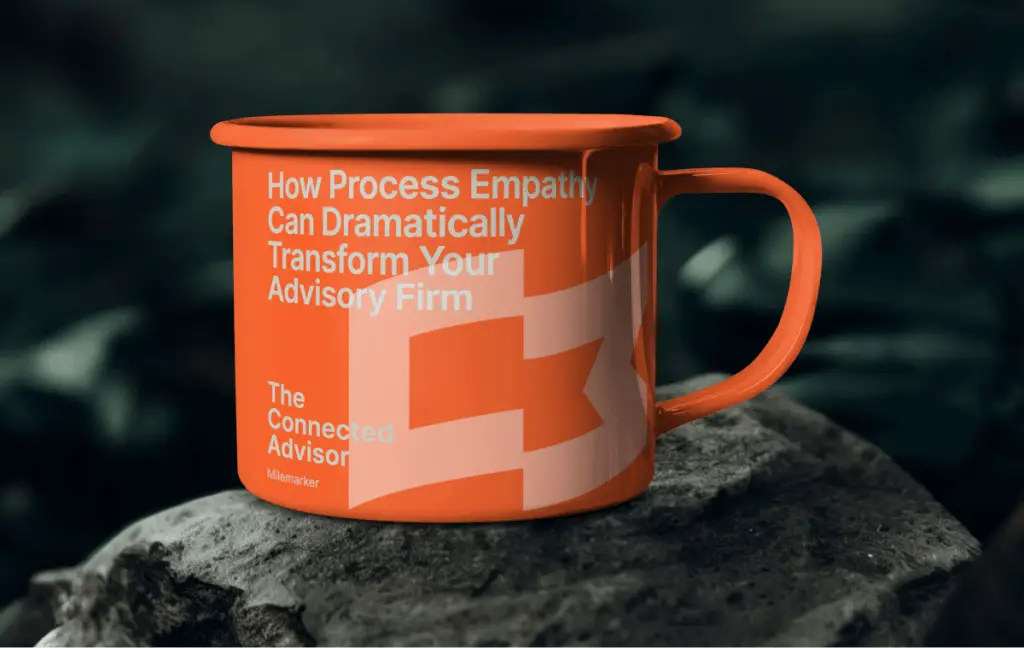How Process Empathy Can Dramatically Transform Your Advisory Firm

I’ve been a T-Mobile user for over ten years.
For the majority of that time, my family and I have participated in what was formerly known as the iPhone Forever program. It’s gone through many iterations, but it allows me to swap out my phone whenever I wish.
This program alone has kept me loyal to T-Mobile and eventually led me to roll up our six immediate family members and some of our extended family onto one plan.
Recently, I was due to upgrade two of the phones on our plan.
I hopped on to the T-Mobile site, picked out the new phones and began the process.
A couple of days later, the new phones arrived at our house. I followed the standard Apple data transfer and was up and rolling within minutes.
That’s when the process came to a screeching halt.
In previous upgrades, I had been sent a shipping box to return my phone. I’d transfer my data, wipe the old phone, throw it in the box, and drop it in the mail.
Simple.
This year, they asked me to take my phone to the store to drop it off.
I think I’m in good company when I say I do not love going into a physical store for help with my phone. These are buildings I have spent countless hours of my life in, waiting with fading patience for a person to give me less than helpful advice.
It’s typically been a dismal experience. Adding this step to the return process was not an unexpected joy, but if you have to do it, you must do it.
I jumped in my car and drove to the store, only to find it closed, possibly permanently, according to the neighborhood Facebook account, without any explanation.
This simple matter and normal return process, once simple, was now increasing my stress and becoming a growing inconvenience.
The next closest store is 40 minutes away, not something I can sneak in on a normal errand run. I put the phones in my bag and decided to attempt a return on one of the many trips I had coming up.
I carried these phones to Miami, Philadelphia, and Atlanta, looking for an open store and a break in my schedule. In Philly, I found both, only to discover that the wait was so long I would miss my next meeting.
Back in Charleston, 30 days after ordering the new phones, I finally made it in to complete the process.
Why did I make you suffer through reading this grumpy old man rant?
Because client experiences matter.
– T-Mobile online – 4 out of 5 stars.
– T-Mobile in-person retail – 1 out of 5 stars.
At the beginning and middle of the process, I was incredibly satisfied. It was smooth sailing. Once the in-person interactions became difficult, it dramatically lowered my experience with their brand.
It made me think about my own brand and about all the brands I work alongside.
Where are we making our client’s context switch to an area that is less than stellar in our businesses?
Are you asking clients to do things based more on your convenience than theirs?
Does your technology choice tell a story of what’s easiest for you or what’s best for your clients?
If you’re like many of our clients at Milemarker, you spend your time serving advisors and helping them deliver top-tier experiences to their clients.
What do you think about convenience for advisors? How would they rate their experience with you?
Next week, I’ll push further into process empathy, and we’ll unpack how to connect it to our work.
In the meantime, I hope your next phone upgrade goes much smoother.
